From the Hagia Sophia and the Blue Mosque in Istanbul to the Sheikh Zayed Mosque in Abu Dhabi and beyond, many of the world’s biggest mosques have turned into major tourist attractions.
Muslim countries are often exciting destinations for Western travelers, as some elements of their cultures are incredibly unique. While visiting a mosque may be an exciting addition to your trip itinerary, you need to remember that a mosque is a place of worship, and it is important to practice the mosque etiquette tips outlined in this post.
As devoutly religious people ourselves, we are very interested in learning about other religions and cultural practices when we travel. We have visited mosques all around the world, and many of them are among the most striking religious buildings we have ever visited. We wrote all about the beauty of the Sheikh Zayed Grand Mosque in our Abu Dhabi Travel Guide.
While it may be intimidating for non-Muslim people, we absolutely encourage you to visit a local mosque while you travel to a Muslim country. Learning about the local religion is one of the best things to do in any country, and Islam is one of the most practiced religions in the world.
While it may be intimidating for non-Muslim people, we absolutely encourage you to visit a local mosque while you travel to a Muslim country.
Are Mosques Open to Non-Muslim Visitors?
First and foremost, it is a good idea to determine whether or not the mosque you hope to visit is even open to non-Muslim visitors. While many mosques are open to the public, some only allow Muslim visitors who are coming during prayer times.
Most mosques are open to the public, but always confirm beforehand.

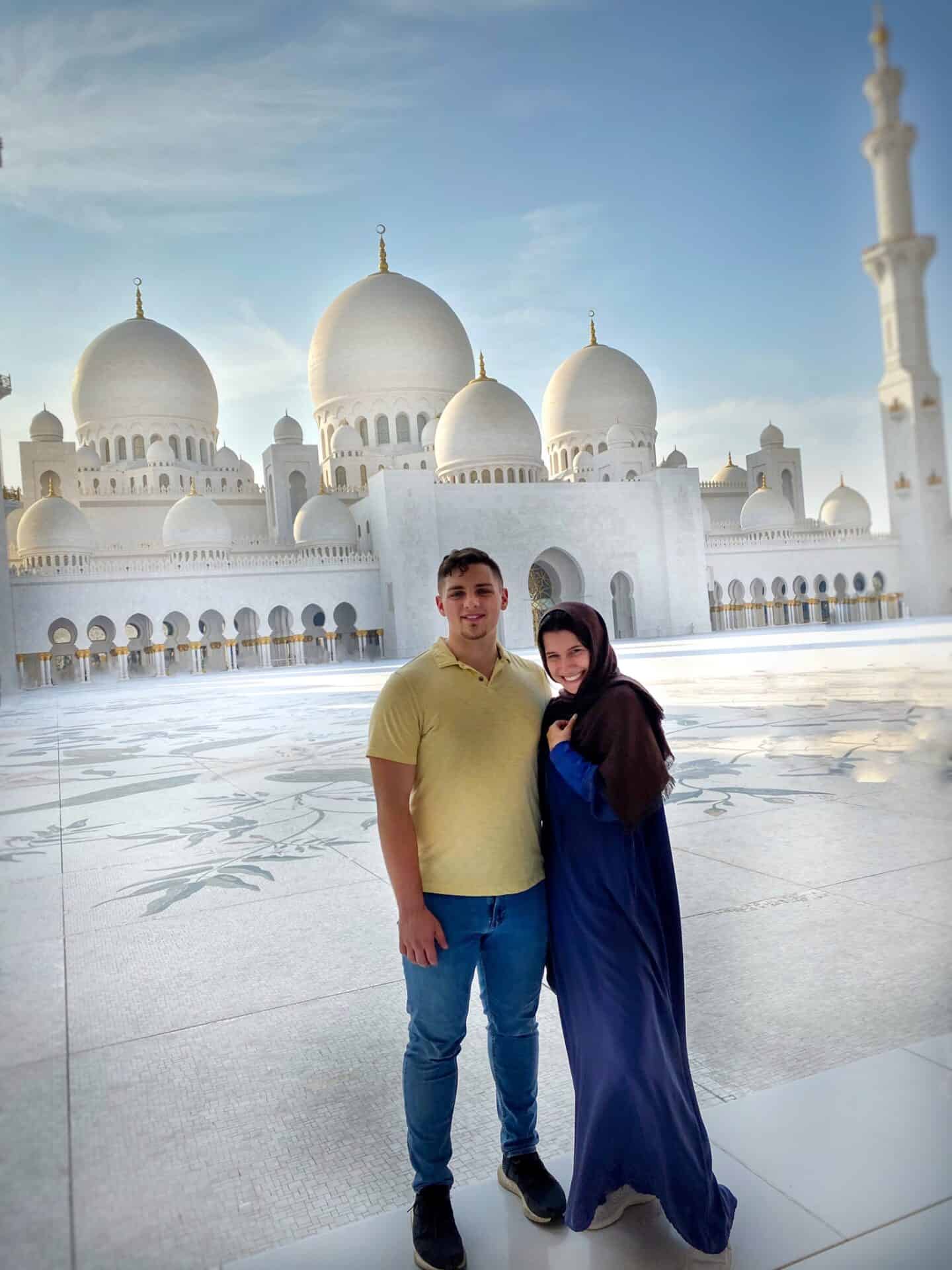
While many have become tourist attractions to an extent, mosques are still principally places of worship and prioritize prayer over everything. Almost all mosques are closed to non-Muslim visitors on Friday, as Friday prayers are the most important ones of the week in Islam. If a mosque has become a major tourist attraction, odds are that you will be able to visit it as long as you steer clear of prayer times.
All mosques are closed to visitors on Fridays.
When Are Prayer Times at a Mosque?
Devout Muslims pray five times per day, including at dawn, midday, afternoon, sunset, and before bed. The respective names for each of these prayer times are Fajr, Dhuhr, Asar, Maghrib, and Isha.
The exact timing of these prayers varies depending on the position of the sun, but a mosque will issue a loud call to prayer at the beginning of each prayer period. This call to prayer is one of the most beautiful things about visiting a Muslim country, as the singing from the top of a local mosque can be heard throughout an entire neighborhood or city.
The best time to visit a mosque is in the mid-morning before the midday prayer.
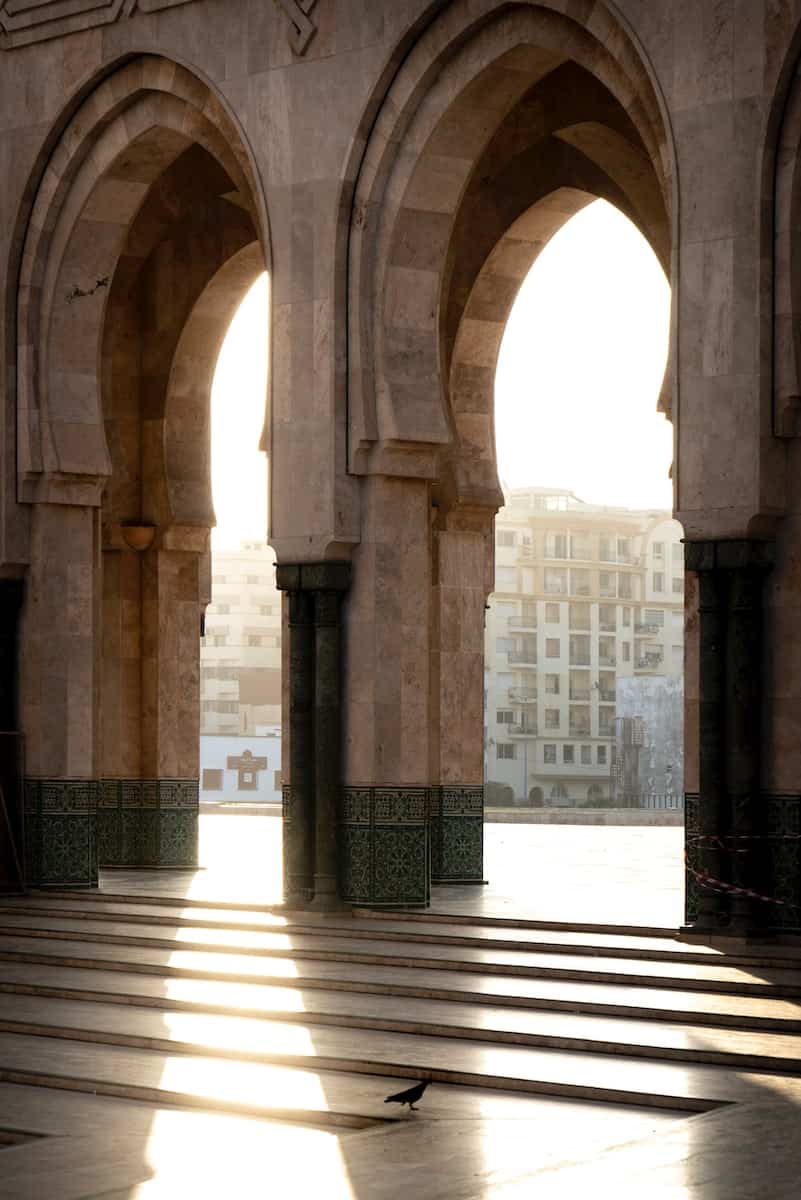
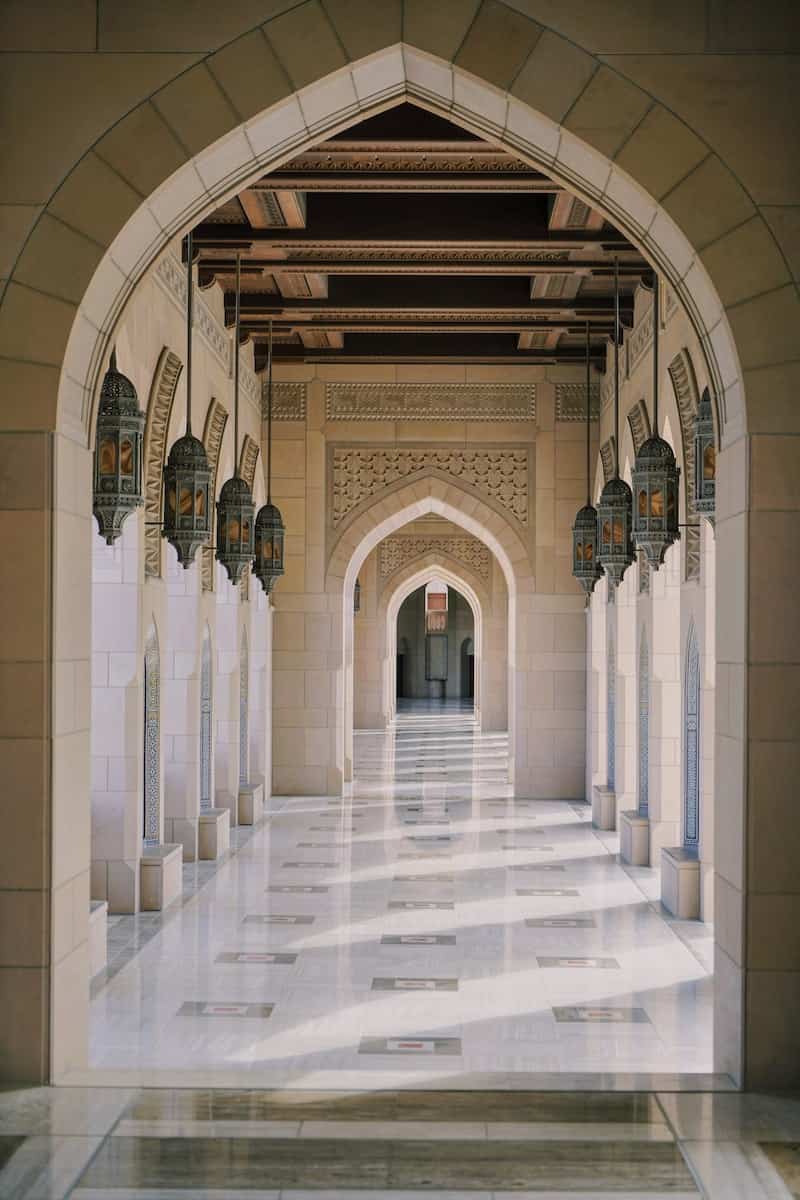
The best time to visit a mosque is in the mid-morning before the midday prayer, when there tend to be less prayers occurring and the main prayer hall will likely be open for tours or quick visits. Arguably the worst time to visit is right after Asar prayers in the evening, as people are getting off of work and flowing more steadily into the mosque.
Can Non-Muslim Visitors Enter a Mosque During Prayer Time?
Depending on the mosque, visitors may be allowed or disallowed from entering the common area and prayer room during congregational prayer. Most large mosques have both a common area and a prayer area, and you will almost never be allowed in the prayer area during prayer times.

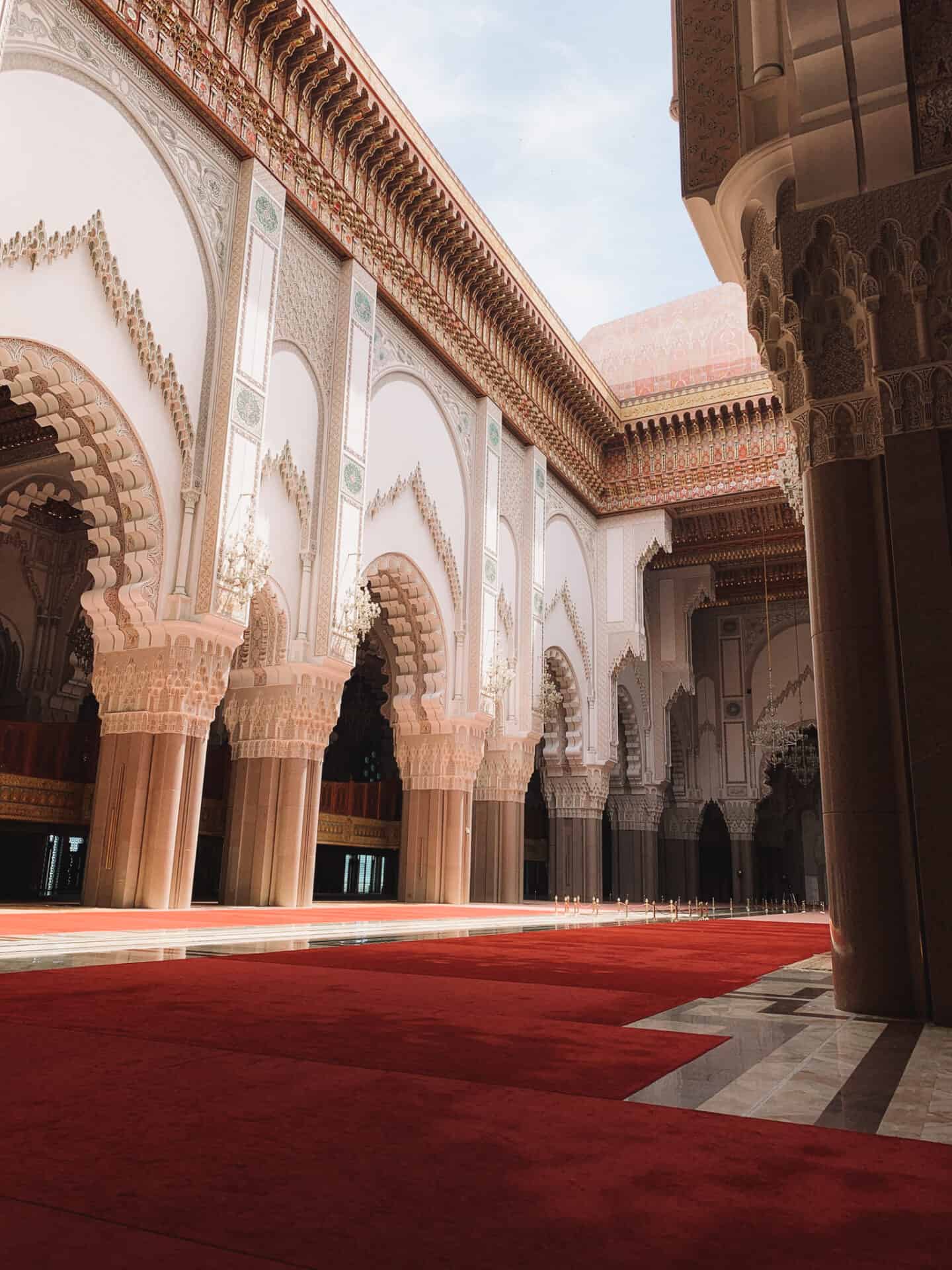
Typically, mosque communities prefer to keep their daily prayers private, and outsiders are not permitted.
During Friday prayers, this will almost always be the case.
If you are permitted to enter a mosque during a prayer time, it is crucial that you and your companions remain silent, follow all the rules, and keep your mobile phones in your pockets or backpacks.
What to Wear to a Mosque when Traveling
Dress code in a mosque is one of the biggest concerns that many first time travelers to Muslim countries have, especially for female visitors. Generally speaking, it is a good idea to cover up as much as possible.
Different mosques will have different rules, and these rules largely depend on the country or city where the mosque is located. Countries throughout the Arab World have drastically different cultures. Northern Africa as a whole tends to be less conservative than the Middle East, which carries over directly into tourist dress codes.
While Morocco may allow you to visit a mosque wearing shorts and a t-shirt, Saudi Arabia may not allow you to enter a mosque at all. If they do, you will likely need long sleeves and a long skirt or long pants.
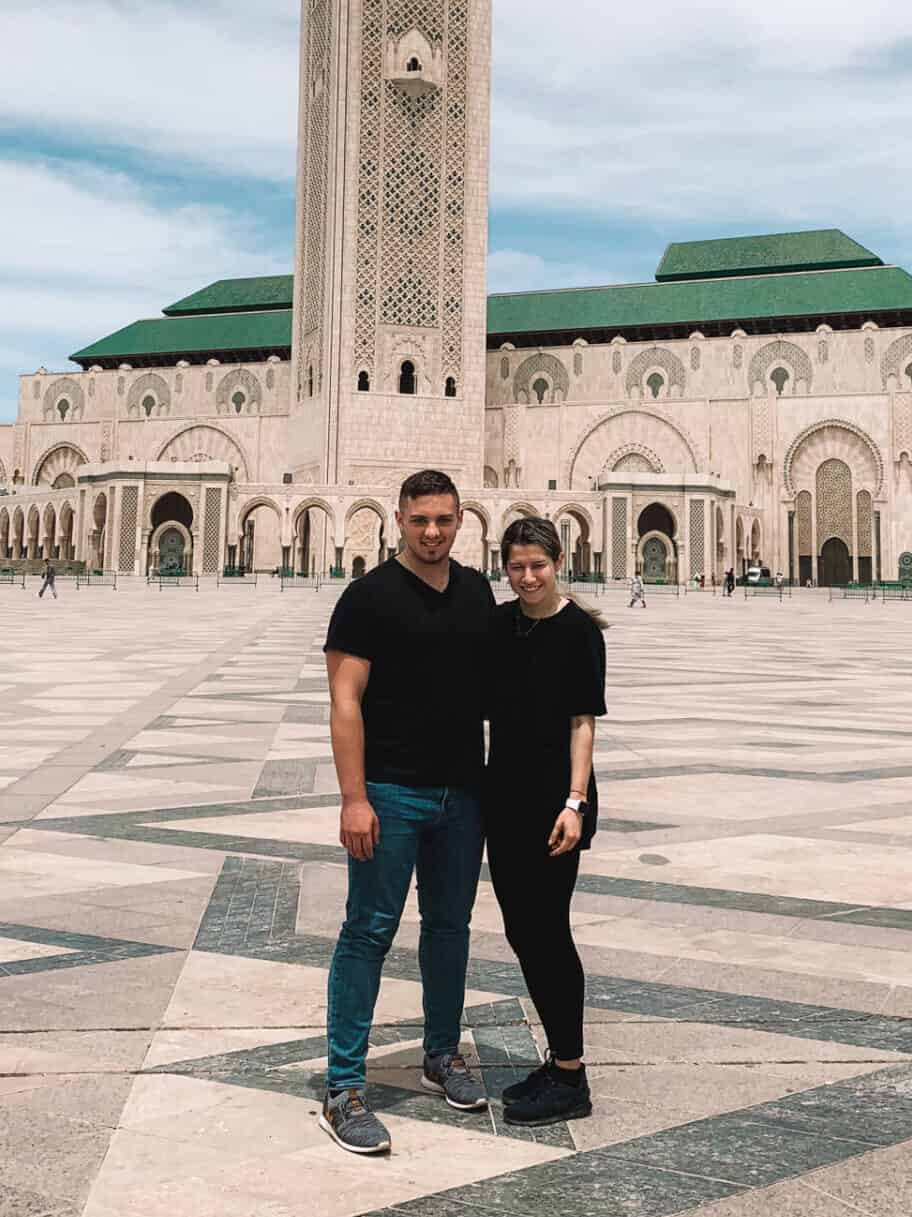
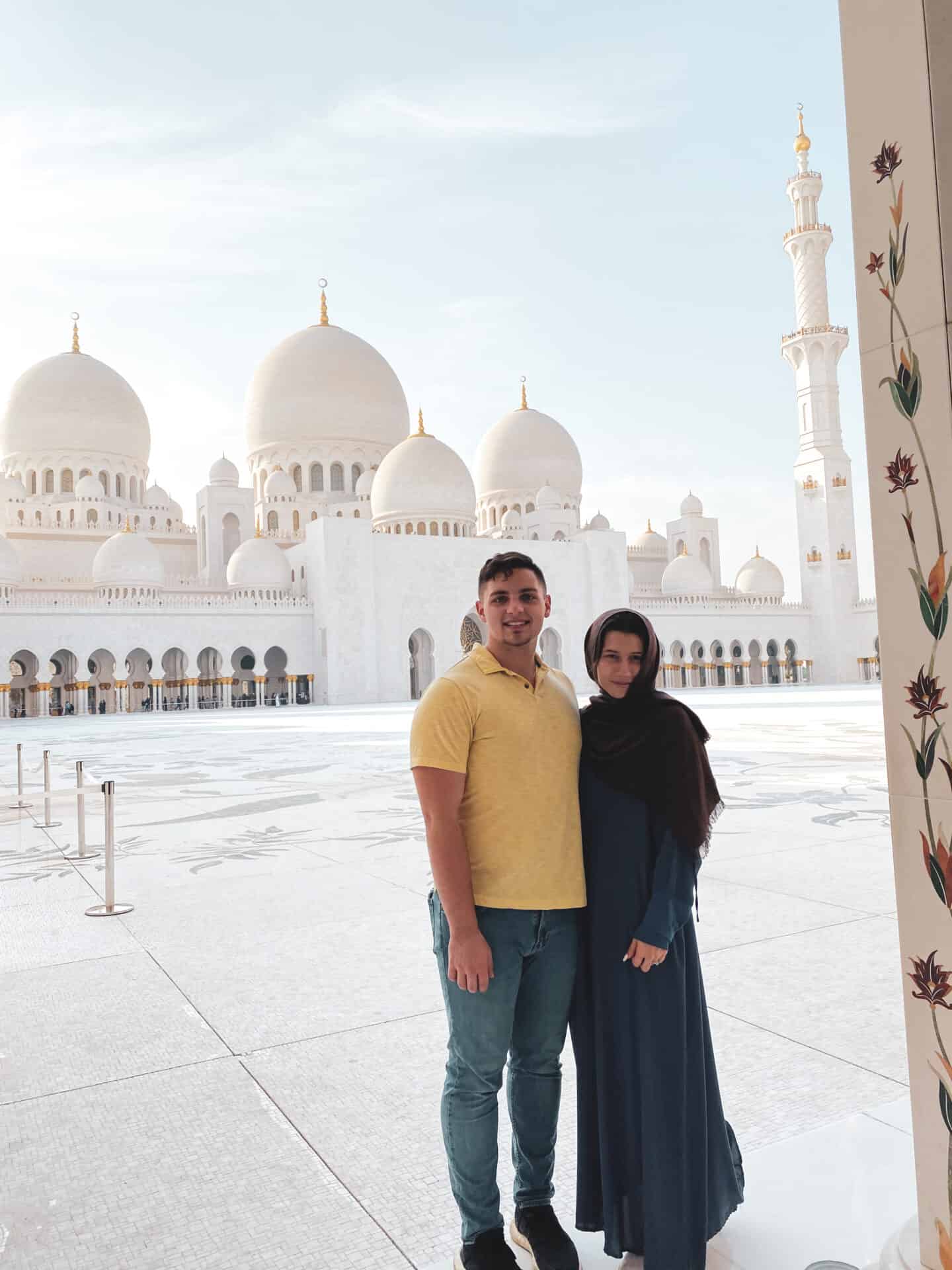

No shoes are allowed to be worn in a mosque.
Also, no shoes are allowed to be worn in a mosque, and visitors need to leave their shoes on the floor or on the shoe racks in the main common area. Some mosques may provide visitors with a plastic bag to carry their shoes around, but most simply ask you to leave them near the entrance.
A good rule of thumb would be to at least wear long pants or long skirts and long sleeves regardless of which of the Muslim countries you are in.
While mosques in tourist areas often have less strict dress codes for non-Muslim visitors, a good rule of thumb would be to at least wear long pants or long skirts and long sleeves regardless of which of the Muslim countries you are in.
If you have any Muslim friends or contacts in the city that you are visiting, they are always the best resource to ask about dress code at their local mosque.
Other Things to Know when Visiting a Mosque for the First Time
In addition to the tips above, there are a few things you should know before you visit a mosque in a Muslim country.
Hopefully this post answered any questions you have about visiting a mosque as a non-Muslim while traveling in a Muslim country. Religion is one of the most important aspects of any culture, and visiting a mosque outside of prayer time is an experience you don’t want to miss.
If you have any questions about attending visiting a mosque while traveling, don’t hesitate to reach out by commenting below!
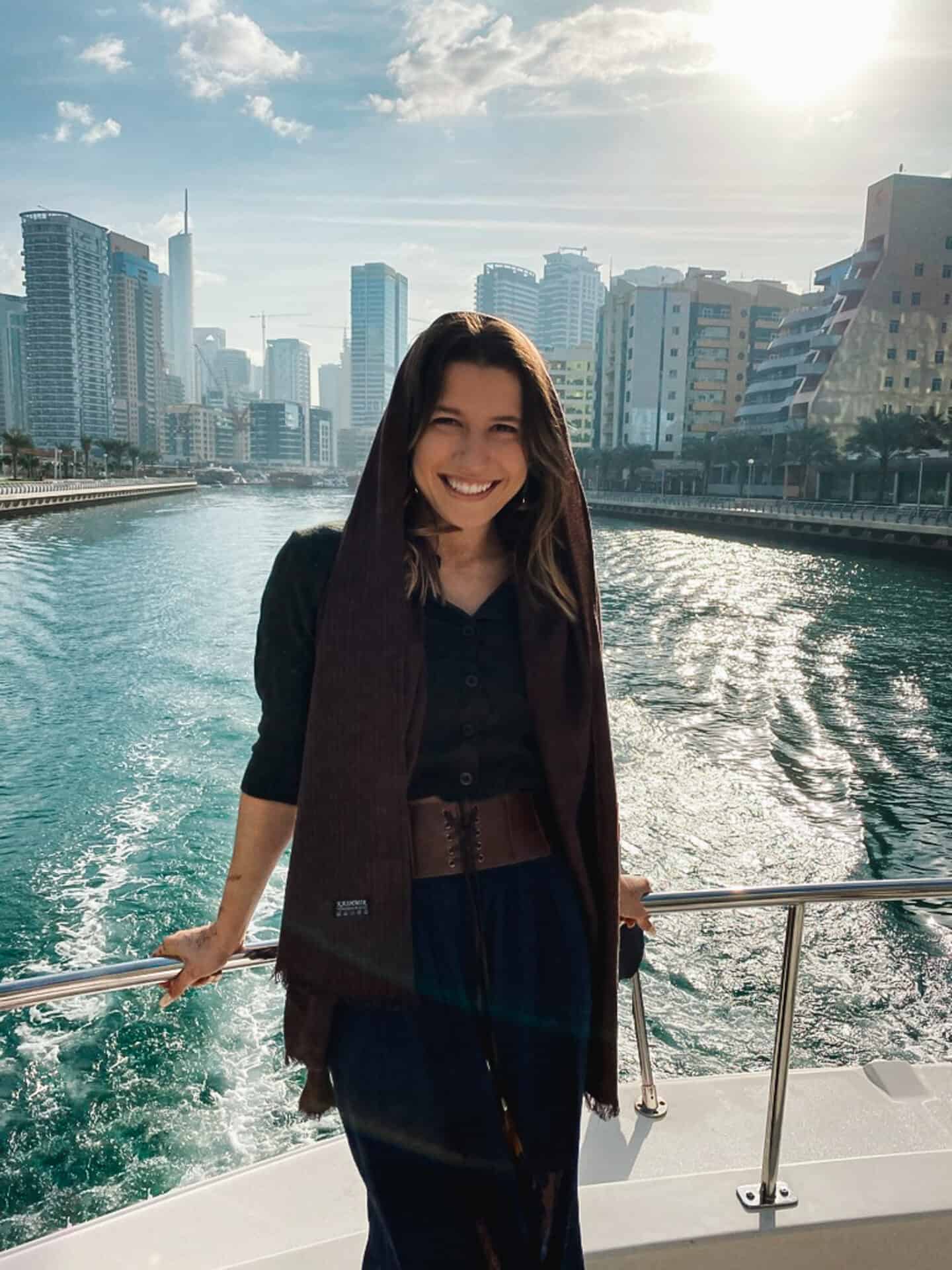
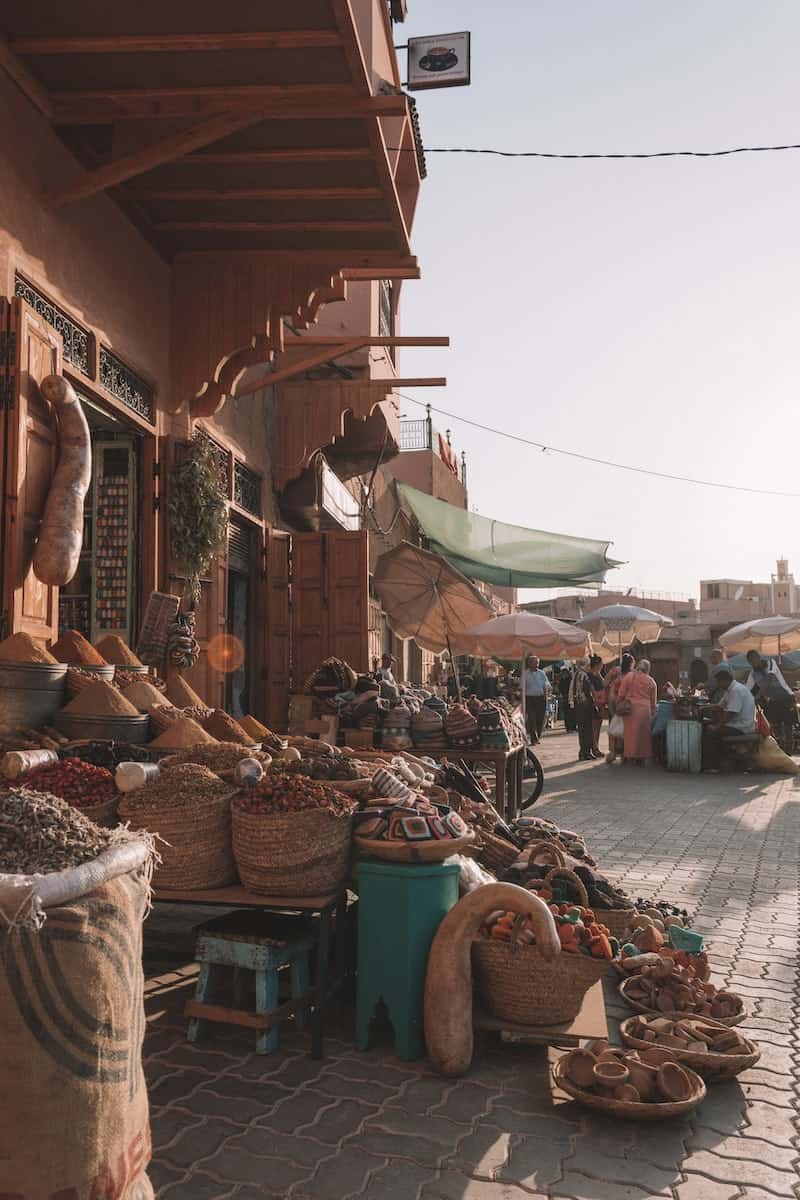
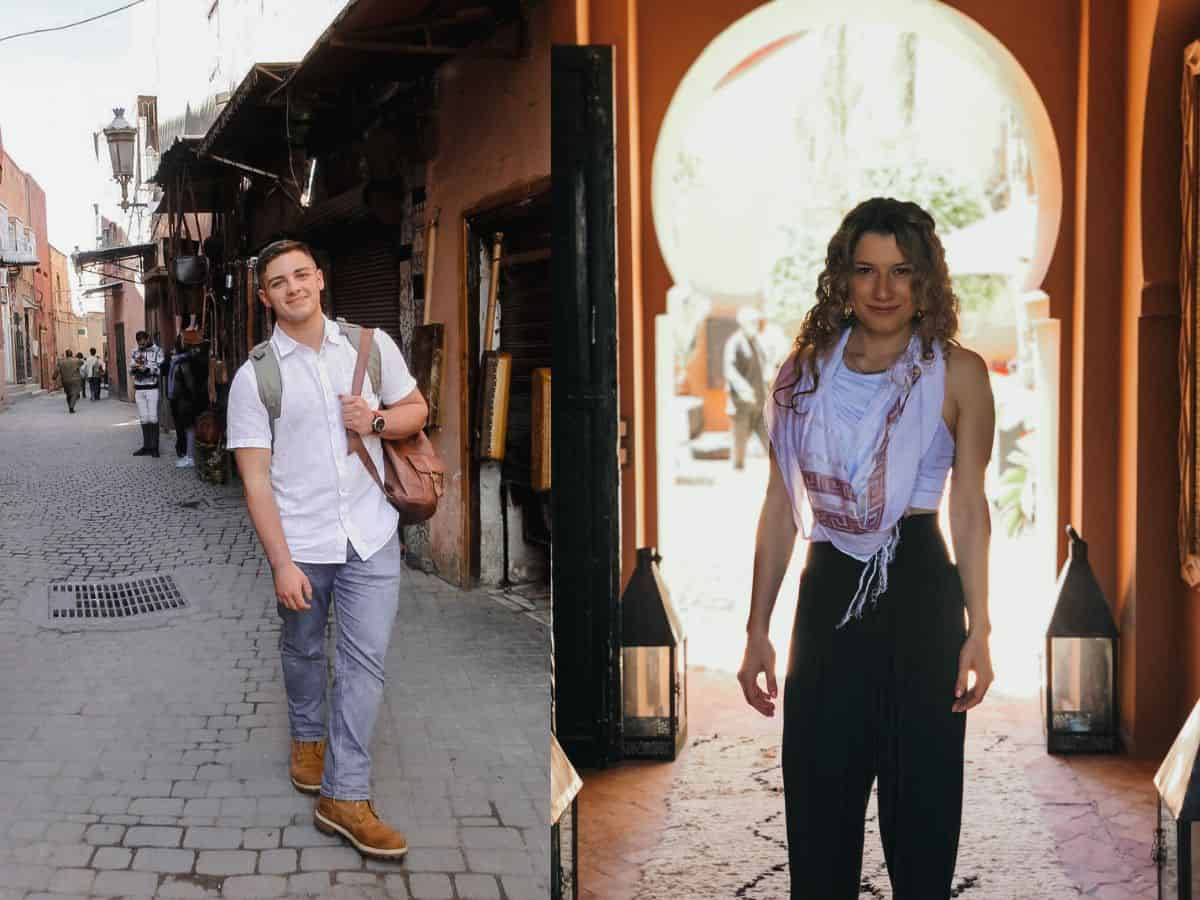









Prof. Alan Cheney
This was very helpful, Greg, thank you! Today we visited the mosque in… are you ready? Bentonville, Arkansas, and had a very nice visit with the imam. We are Christians, so this page was very useful to us, Alhamdulillah (which we learned today)!